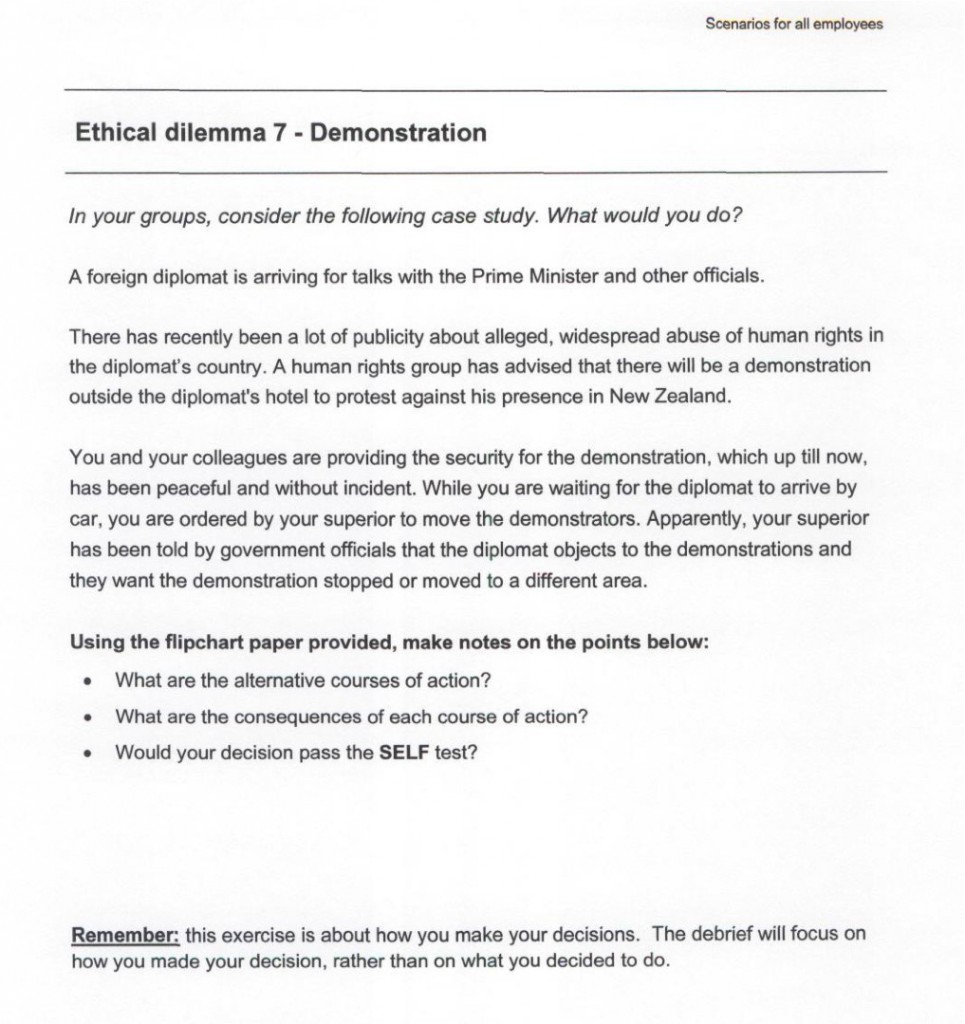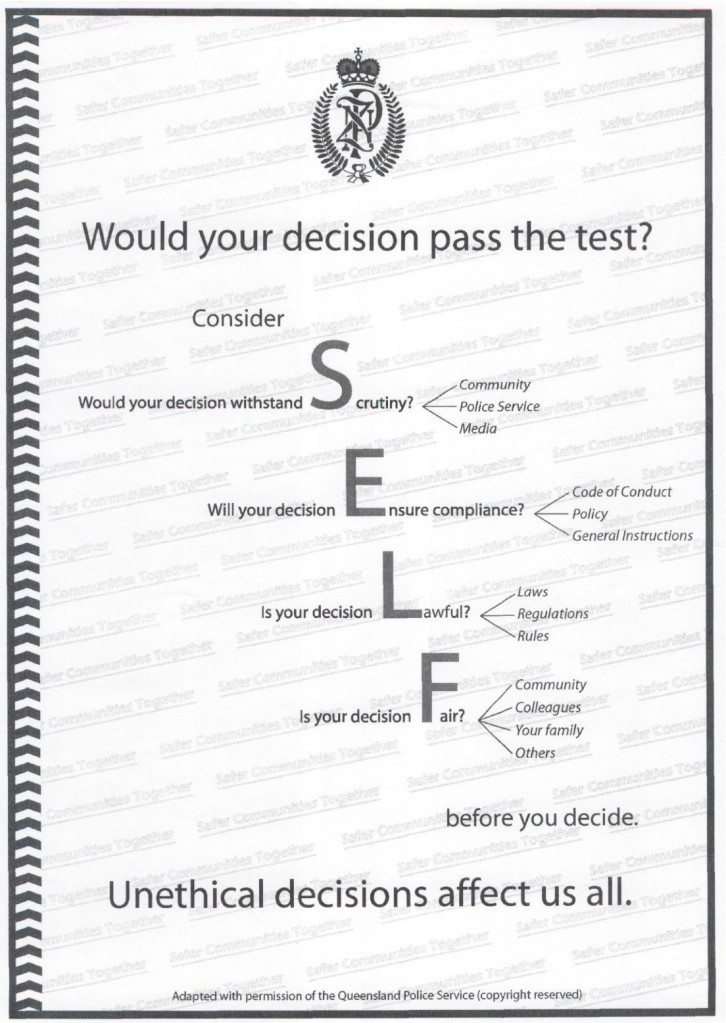The bloodless coup that ousted Honduran president Manuel Zelaya this past week has been universally condemned by the UN, OAS, EU, major human rights, civil liberties, academic and policy organisations, as well a scores of individual countries throughout the Western Hemisphere and beyond (although I have not found any public record of NZ’s response, which makes me wonder about the Key government’s attitude towards such things). Approval of the coup has been limited to the Zelaya’s opposition in Honduras, Republican bloviators and reactionary chickenhawks such as those that infest the threads at places like DPF’s blog (although DPF himself has speculated on the legitimacy of the Honduran coup, he stopped short of endorsing it). For these intellectually challenged folk, Barack Obama (rather than the US State Department or US government as a whole) has sided with Hugo Chavez and Fidel Castro in defense of another socialist authoritarian and against “freedom” (as if the US stance was the end-all and be-all of regional politics).  Since I am not smoking the type of left handed cigarettes that produce such hallucinations, let me clarify the facts of the case, then offer some thoughts on the subject of coups in general since I have lived through a few and have studied them as part of my professional life. What is clear is this: the coup ended 15 years of peaceful electoral politics in Central America and is only the second in Latin America in the last 25 years (the other was against Hugo Chavez in 2002 and lasted less than a week). Since these were the longest periods in Latin American history free from overt military intrusion in politics, it is a sad event on that score alone. But was the coup justified?
Manuel Zelaya is a populist who was elected by a comfortable margin in 2006. He campaigned on a predictable platform of anti-elite reform (even though he comes from the rural landowning  elite himself), and by all accounts was popular with the majority. But this year, as his constitutionally mandated term office came to its conclusion, he lobbied for a constitutional reform that among other things was believed by many to include unlimited term limits on the presidency (which would allow him to run again). This constitutional jury-rigging proved successful for Chavez in Venezuela, and some thought it was this model that Zeleya was following.
If so, the trouble for Zelaya was that unlike Chavez he did not have a supplicant Congress, compliant judiciary or allied military backing his plan. Instead Congress, the Supreme Court and the military all resisted the move. Although it may be true that these entities are dominated by elite interests and therefore not so much opposed to Zelaya as what he represents, they were, under the existing Honduran constitution, within their rights to resist his pressure to that end. Confronted by that resistance, Zelaya went public with demands for a non-binding referendum on whether a constitutional reform was necessary (the referendum was scheduled for the day after the coup), and in the week before his ouster had marched with several thousand supporters on a military base in order to take possession of balloting papers stored there. That appears to have been the final straw (as a direct challenge to the corporate integrity of the armed forces), and within days a Supreme Court justice signed a writ authorising his arrest by the military on charges of treason and fraud. His arrest and deportation followed hours later.
Contrary to what conservatives claim, in opposing the coup no country is siding with Castro and Chavez out of ideological affinity. All 34 member nations of the OAS have condemned the coup and refuse to recognise the new government, as has the UN General Assembly (in fact, OAS Secretary General Jose Miguel Insulza accompanied Zelaya to New York in order for the latter to make his case to the General Assembly). Under provisons of the 1991 “defense of democracy” clause inserted into the OAS Charter (resolution 1080, which was supported by the Bush 41 administration and which includes provisions for the establishment of a Unit for the Protection of Democracy in the event democratic stability is threatened in any member state), and the 2001 Interamerican Democratic Charter, a 2/3 majority of the Permanent Council of the OAS can vote to suspend member status to any state in which a democratically government is overthrown by force. Resolution 1080 was used to justify the multinational military intervention in Hait when the democratically elected Leftist government of Jean-Bertrand Aristide was overthrown by the military junta led by general Raul Cedras (which was also the first time in regional history that the US intervened against a pro-US military government in support of an anti-US democratic government). The IADC was invoked against the Venezuelan coup-mongerers in 2002. Hence, rather than evidence of some commie sympathies, US and other opposition to the coup is firmly grounded in international law, regional treaty obligations and multilateral institutions.
The Honduran military points out that it has not assumed power and no one died in the action against Zelaya. Instead, Zelaya’s constitutionally designated successor took his place and the Supreme Court declared the whole process to be legal. Elections scheduled for November will proceed apace. Point noted. We shall call this, then, a “soft” coup (as opposed to the 1973 coup that ousted Salvador Allende in Chile or the 1976 military coup in Argentina).
The problem for the Honduran military is that the action was overkill given the circumstances. Ousting a democratically elected president because he is pushing for a non-binding popular referendum is a bit much when other avenues of recourse, such as his arrest by the police or tax authorities on civil or criminal charges, could have allowed him his day in court and averted the situation now unfolding. Given a range of less drastic options, why would the military make the coup move?
The answer lies in the military’s internal organisation and external threat perception. Unlike many advanced democracies, Honduras still has a military charged with internal as well as external security functions. This is a carry-over from the authoritarian days when leftist guerrilla forces operated within Honduran territory (when some of the current military commanders were junior officers blooding themselves for the first time). It is evident in the use of military personnel for police functions such as traffic control (roadblocks) in regions deemed to be of military sensitivity (such as along the Salvadorean and Nicaraguan borders). It is evident in the internal focus of military intelligence, and in the use of para-military units to supplement regular police forces. Thus, internal conflicts between civilian political factions become, by definition, threats to national security, especially when they involve the spectre of mass social unrest. Since the military is encharged with responding to internal threats, it did so after considerable in-house debate and consultation with civilian elites.
The other reason for the coup is that it sends a message. That message is squarely directed at Hugo Chavez. The Honduran military (along with the Guatemalan, Salvadorean and US militaries) is concerned about the inroads Chavez has made in Nicaragua now that former Sandinista commander Daniel Ortega is back in the presidency of that country. Remember that Chavez has purged the Venezuelan military of career professional officers in favour of partisan cronies; has opened military ties with Russia and Iran; has purchased massive amounts of weaponry disproportionate to the threat environment in which Venezuela operates; and has formed armed civilian militias as an instrument of social and political control. Chavez may have his legitimate reasons for doing so, but that is not what matters in this instance : the Honduran military perception of his actions is all that counts.
The Honduran military fear is that he is now exporting these concepts elsewhere, not only to Nicaragua (which has been receptive to his overtures), but also to El Salvador, where a moderate Left leaning government with ties to the old FMLN guerrilla movement has recently been installed (although it shows no signs of radicalization along Chavez-inspired lines). Worse yet, Zelaya had agreed to join the Chavez-organized ALBA regional trade network in spite of Honduras’ membership in CAFTA, the Central American Free Trade organisation, which was seen as indicative of his future orientation should his proposed constitutional reforms get passed. Whether or not there is truth to these concerns (and it would appear that a considerable element of ideological paranoia has been overlayed on traditional Honduran military concerns about the security of their borders given the behaviour of their neighbours–remember the 1979 “soccer war” between El Salvador and Honduras), the fact is that the Honduran military want to make clear that it will not tolerate the “Bolivarization” of Honduras. Even if Zelaya is restored–and I suspect he will, especially since the OAS has given Honduras 3 days to reverse the coup–that message has been received and understood by all concerned.
As for coups in general. I shall not address coups against oppressive authoritarian regimes, such as the 1974 Revolution of the Carnations led by Left-leaning mid-ranking officers against the remnants of the Salazar regime in Portugal (and which led to democracy). The justification for such coups should be obvious (except, perhaps, to the chickenhawks).
Instead, let us consider under what conditions a coup against a democratically elected government is justifed. I can only think of one. That is when a freely-elected government suspends democratic rights (including elections, civil liberties and rights to fair trial), imprisons and kills its opponents, outlaws competing political parties, censors or closes down the media, destroys opposition (or “suspect”) organisations, and in general assumes an authoritarian character once it is installed in office (NOTE: to my mind nationalisation of foreign businesses or private property is not a justification, although fair compensation and legal disputation is expected).
Anything short of that is no justification for a coup (which means that the Honduran coup is clearly unjustifed), but military inaction in the face of such behaviour is a recipie for tragedy at home and abroad. The best example of the latter is the rise of the National Socialists from the ashes of the Weimar Republic, where Hitler and his gang of thugs used their electoral victory and ideological appeal to destroy German democracy (an event crystallised, literally, in the Kristallnacht of November 9-10, 1938). He then turned his sights abroad.
There is only one regime in Latin American that comes even remotely close to satisfying the conditions for a legitimate anti-democratic coup, and there is still some way to go before the criteria for a recourse to arms will be justified: that of Hugo Chavez.


